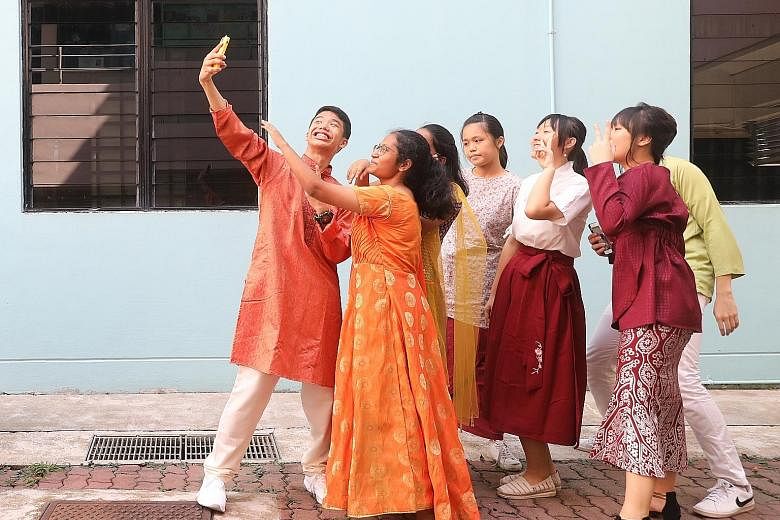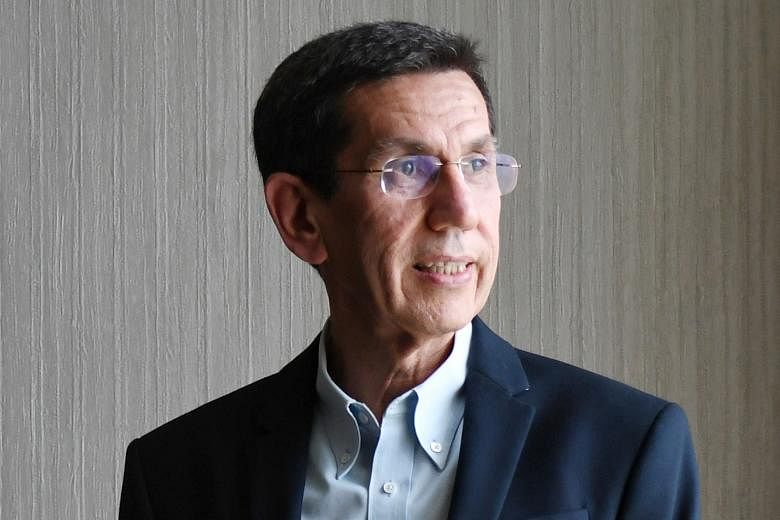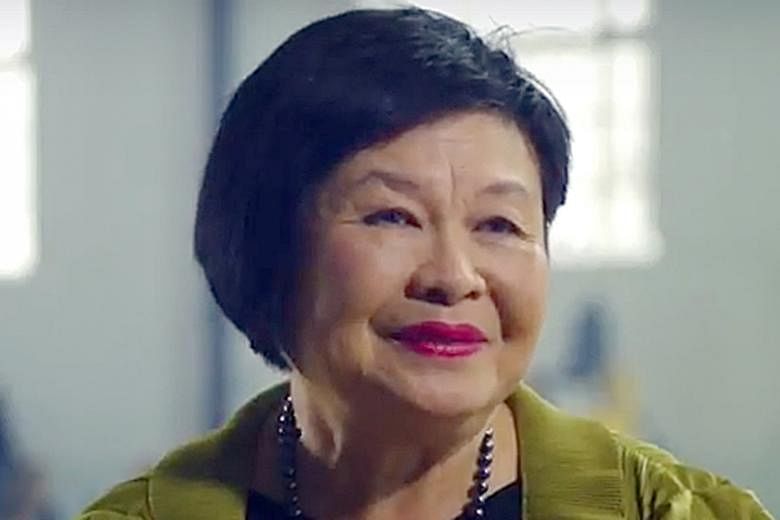Issues arising from racial and social identities will continue to be a challenge that societies have to contend with in the years ahead, and how they should best be dealt with will remain a question that has no simple solution, said panellists at a forum on identities and cohesion yesterday.
One key question is where the dividing lines between state, religion and politics should be drawn, said Non-Resident Ambassador Mohammad Alami Musa, who heads the Studies in Inter-Religious Relations in Plural Societies Programme at the S. Rajaratnam School of International Studies.
In particular, there could be tensions surrounding the question of how much people who have no religious affiliations can or should weigh in on issues in the public sphere, he told a virtual dialogue on the second day of the Singapore Perspectives conference organised by the Institute of Policy Studies (IPS).
"People of no religion... are going to (want to) have a seat at the table, because they believe that even without religion... (they) have the wisdom and this moral sensibility to contribute to public reason and morality," said Mr Alami, adding that this is something that could be contested by religious groups.
There are also growing forces and trends that society has to contend with, including sub-groups seeking greater recognition from the state on issues like sexuality, youth who are paying more attention to social justice, as well as the rise of populism, xenophobia and economic nationalism, he added at the dialogue moderated by IPS' senior research fellow Mathew Mathews.
Professor Joel Kotkin, a presidential fellow in urban futures at Chapman University in the United States, said the US, which saw a violent storming of the Capitol by supporters of President Donald Trump last week, has much to learn from Singapore's unique model of multiculturalism.
"There are things you've done in Singapore that would be unconstitutional for us to do in the United States," he said, pointing to interventionist policies like the Ethnic Integration Policy, which specifies the proportion of units in a Housing Board block and precinct that can be owned by a particular racial group to ensure a balanced mix.
"We're in a very different situation, but there's a lot we can learn from," he added.
The panellists also discussed the term "Chinese privilege", which refers to the advantages that the Chinese have as the majority, similar to that of "white privilege" in the US.
When asked if "Chinese privilege" has any relevance in Singapore, they said that it is a loaded term that cannot be easily generalised.
Associate Professor Daniel Goh, deputy head of the National University of Singapore's sociology department, said that while ideas can travel from place to place, the question is whether Singapore's indigenous intellectual traditions "are able to absorb and adapt these ideas to make them relevant to our society (and) our history".
The problem with the concept of Chinese privilege, he said, is that it is under-discussed and under-specified.
"It cannot be something that is just simply equivalent to white privilege, because America had a very different history with regard to racial relations as compared to Singapore," he noted.
There are already concepts in Singapore to discuss instances that have been used as examples of "Chinese privilege", such as racial stereotyping, prejudice or institutional racism, he said.
Ms Mei Lin Fung, the chair and co-founder of US-based non-profit organisation People-Centered Internet, said that such issues of race should be discussed through open dialogue, rather than relying on terms like "Chinese privilege" which have "intellectual scarcity".





